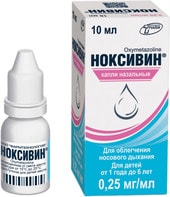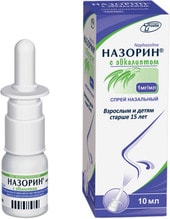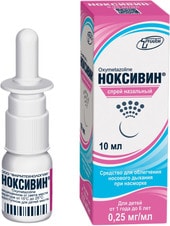Vitamin K2, specifically menaquinone-7 (MK-7), is a fat-soluble vitamin crucial for optimal health. Often overlooked, its importance rivals that of vitamins A, B, C, and D. K2 plays a pivotal role in protein synthesis and nutrient metabolism. Its primary function is activating proteins that regulate calcium distribution within the body.
K2 is essential for the synthesis of osteocalcin, a protein vital for incorporating calcium into bones. This action strengthens bones, improves bone mineral density, and significantly reduces the risk of fractures and osteoporosis. Studies show that supplementing with K2 mitigates age-related bone density loss and increases bone strength.
Unlike other forms of vitamin K, K2 prevents calcium from depositing in arteries and blood vessels. This protective effect significantly improves cardiovascular health by reducing arterial calcification and lowering the risk of cardiovascular disease. Clinical research consistently demonstrates the positive impact of K2 supplementation on vascular health.
Vitamin K2 helps to prevent the elevation of interleukin-6, a marker of aging. By controlling this inflammatory marker, K2 may contribute to a healthy aging process.
A deficiency can lead to the "calcium paradox"—calcium deficiency in bones and excess calcium buildup in arteries. This can result in increased bleeding time and hemorrhagic syndrome, characterized by excessive bleeding, nosebleeds, gum bleeding, and easy bruising.
Vitamin K2 is a vital nutrient supporting bone health, cardiovascular health, and overall well-being. Its role in calcium regulation prevents calcium buildup in arteries and ensures its proper utilization in bones. Consider supplementing with K2 to support optimal health and mitigate age-related decline. Consult your doctor before starting any new supplements.





